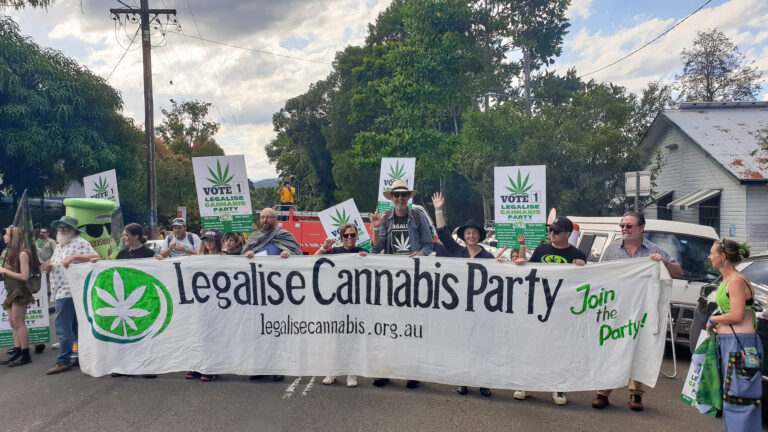1st November 2023 16:54
Victorian Legislative Council, Melbourne
David ETTERSHANK (Western Metropolitan) (16:54):
I rise to make a brief contribution on the Planning and Environment Amendment (Soil Protection) (Solar Power Generation Facilities) Bill 2023. In her second-reading speech Mrs Tyrrell raised some really important issues that should concern us all. In the necessary race to transition the state to renewable energy it is prudent to consider the future ramifications of these technologies.
These include the placement of these facilities on land that would otherwise be used for food production, the risk of land and waterway contamination from chemicals used in battery energy storage systems and the risks faced by firefighters in fighting bushfires in renewable energy facility areas. These are all salient matters that should be addressed, and the risks faced by firefighters in fighting bushfires in areas that contain renewable energy facilities is an issue that is being considered around the world as more and more of these facilities are being built.
Unfortunately the bill does not actually address these issues.
The bill seeks to provide for the mandatory consideration of soil and waterway protection when determining applications for permits relating to solar energy generation facilities. Before deciding on an application for a permit that allows the use or development of land for a solar energy generation facility, the responsible authority must consider any significant effects and must not grant a permit if the land meets three or more of the following criteria: if the land is agricultural land, is a water supply area, is a bushfire-prone area or is subject to inundation or liable to flooding. The definitions of ‘agricultural land’, ‘bushfire prone land’ and ‘land liable to flooding’ are incredibly broad.
The combination of these wide ranging definitions, along with the provision prohibiting planning permits, removes pretty much most of Victoria from possible renewable energy developments, including existing renewable energy zones, many of which are of course works in progress. Stakeholders we consulted in relation to this bill, including the Clean Energy Council, pointed out that the planning approval process for solar farms was extremely robust, to put it kindly. They were also concerned that the extremely broad definition of ‘solar energy generation facility’ in the bill could prohibit construction of residential solar.
In practice the bill would effectively ban new solar farms in Victoria, which would be disastrous. The bill would also remove the power of landowners to control what happens on their land and to profit from hosting renewable energy projects.
For these reasons Legalise Cannabis Victoria will not be supporting the bill. While we might be inclined to support an inquiry that looked into the broader issues that Mrs Tyrrell raised in her second-reading speech, the opposition amendments do not consider these issues, so we will not be supporting them. There are valid concerns around arable land being used for renewable energy facilities in place of food production and the risks associated with lithium battery storage technologies. The bill’s broad definition and siting considerations seem unnecessary given the planning limitations already in place. There is no question that Victoria needs to be transitioning towards renewable energy as a matter of urgency. We fear that the bill would have a chilling effect on investment in the state’s renewable energy sector, which is not what this state needs.
[ENDS]





